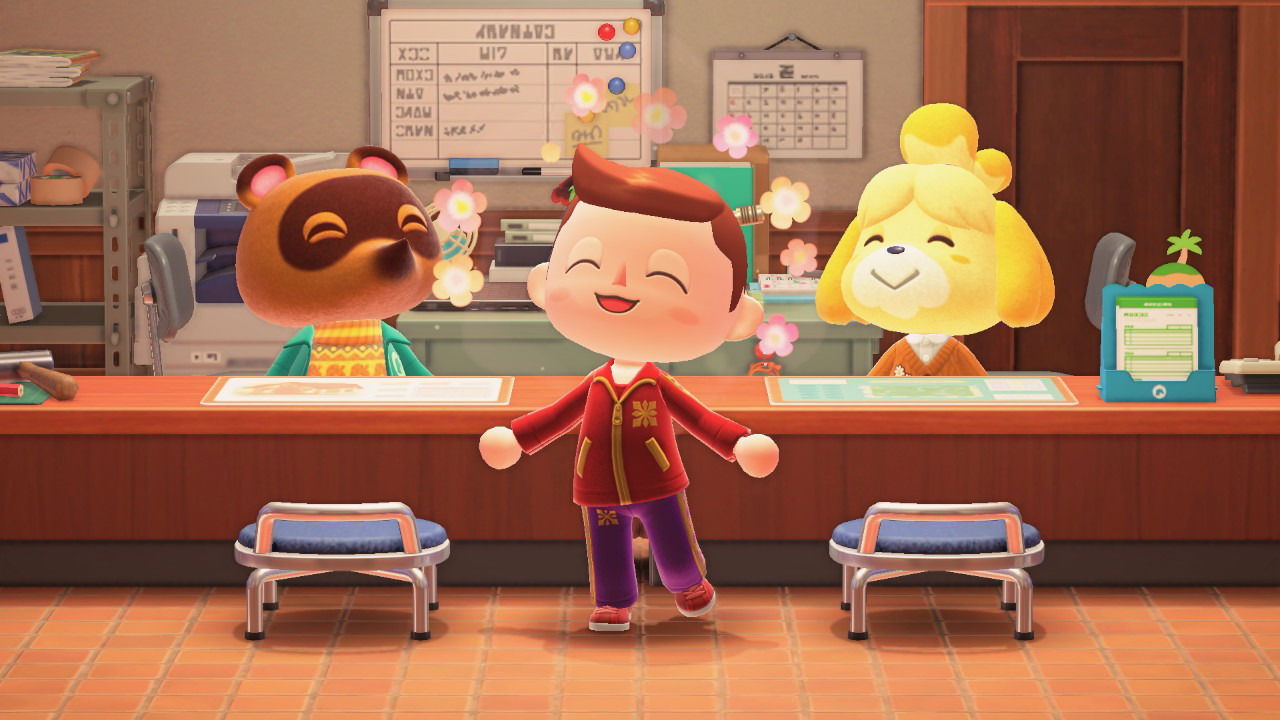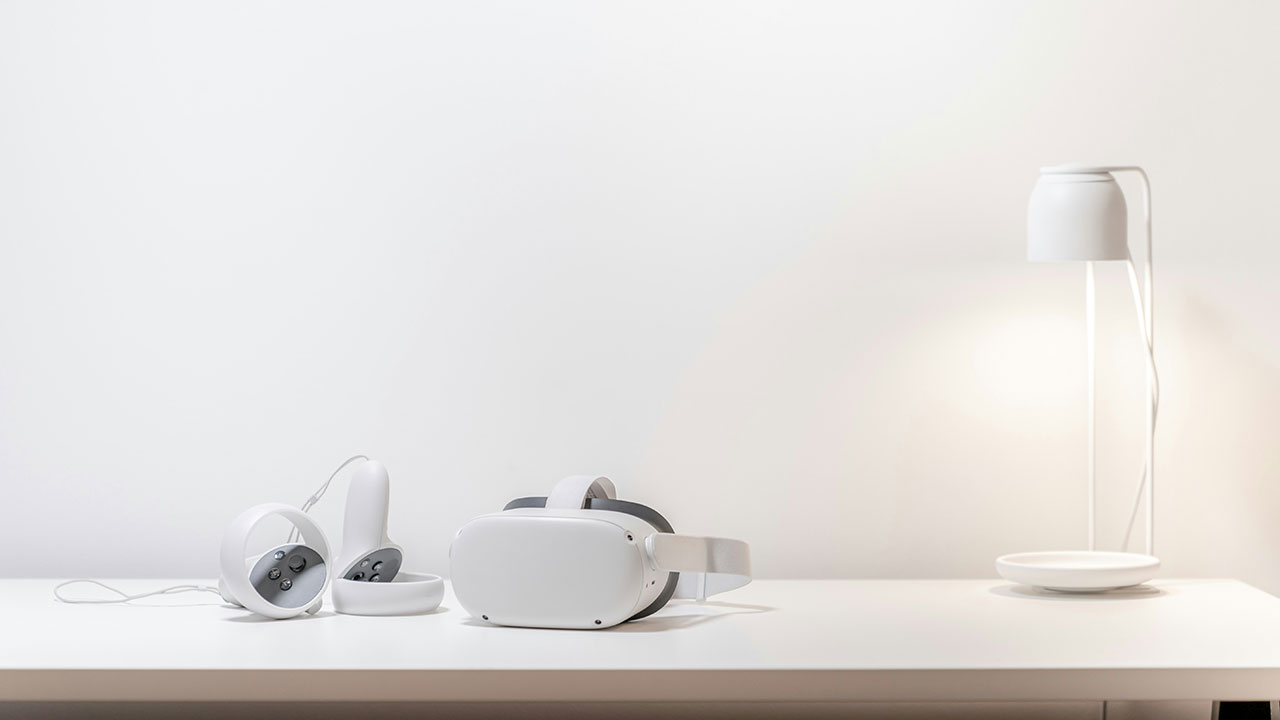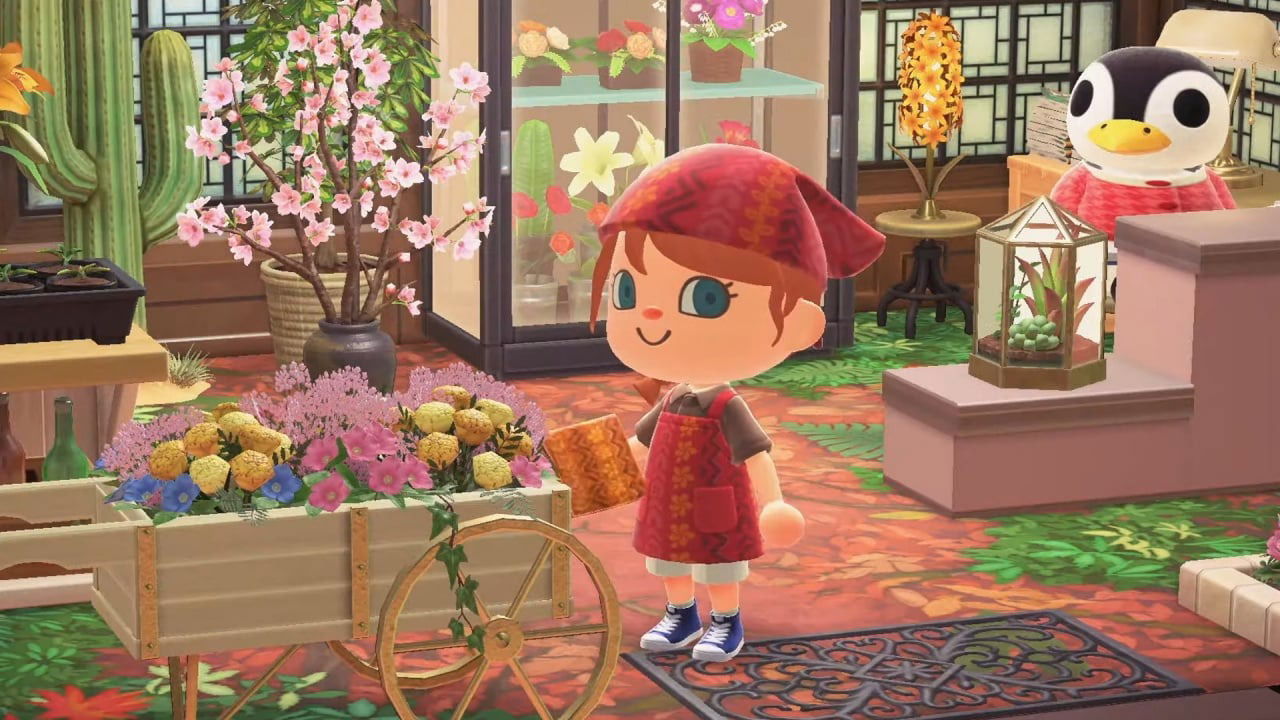Video games have come a long way from their arcade roots. Once seen as mere entertainment, games are now increasingly recognized as powerful tools with therapeutic potential.
While some may still think of gaming as a distraction, research and real-life examples show that video games can actually provide therapeutic benefits. But can video games truly serve as a form of therapy? Let’s dive in and explore how they might positively impact mental health and well-being.
Escaping the Daily Grind
Think about how a great movie or captivating book can transport you to another world. Video games can do that too—only better, because you’re part of the story. Stepping into a virtual world can provide a break from stress, allowing you to relax and recharge.
Games like Animal Crossing offer a slow-paced environment where you can unwind by fishing, decorating, or visiting a friend’s island. Immersive games can be incredibly calming, creating a safe space to escape reality and process emotions.
Interestingly, even simple games you can play with a friend or solo, like puzzle or rhythm games, can have a soothing effect. It’s all about breaking the cycle of stress and giving your mind a breather. By focusing on game mechanics and objectives, you can momentarily forget real-world worries—a significant win for mental well-being.

Building Real Skills for Real Life
Games can do more than help you escape—they can build skills that translate to real life. For instance, action-packed games or strategic titles can improve your reflexes, attention to detail, and problem-solving abilities.
RPGs like Elden Ring encourage strategic thinking and patience, two qualities that are super useful in real life. With as simple as an Xbox Live gift card, you too can dive into similar RPGs that challenge your focus and resilience, helping you hone these valuable skills.
For individuals dealing with anxiety, games requiring concentration and quick thinking can train the mind to manage stress better. As you’re making rapid decisions under pressure, over time, the ability to stay calm and collected might just start showing up in real-life situations, too.
Physical and Mental Rehab
Video games are increasingly being used for rehabilitation, both physically and mentally. Virtual reality (VR) has opened up new possibilities, particularly for patients with PTSD or anxiety disorders.
In VR, patients can face their fears in a controlled, safe environment. For instance, a fear of heights can be addressed with VR simulations, helping patients gradually confront their phobia without real-life risk. Similarly, VR games are being used in physical therapy to help patients regain mobility or balance, making the experience more engaging than traditional therapy.
Additionally, games that encourage movement, such as those played with a camera or VR, allow players to get active while gaming. For those who struggle with traditional exercise due to physical or mental barriers, motion-controlled games provide an accessible and enjoyable way to stay active.

The Joy of Achievement and Progress
One of the best things about gaming is the sense of accomplishment. Whether it’s defeating a challenging boss, completing a puzzle, or leveling up, your brain releases dopamine—the “feel-good” chemical.
For people dealing with depression or low motivation, this hit of dopamine can be incredibly uplifting. Games break large goals into small, achievable tasks, a structure psychologists often recommend for those feeling overwhelmed. Even unlocking in-game rewards can contribute to that sense of progress and satisfaction.
A New Way to Unwind, Heal, and Grow
Gaming as therapy isn’t about replacing traditional therapy but can certainly supplement it in unique ways. Whether you’re learning to manage stress or escaping into a beautifully crafted world, video games offer a therapeutic side that’s hard to ignore.
For exploring these benefits, digital marketplaces like Eneba make it easy to find all kinds of games. If you’re looking for a way to unwind or hoping to strengthen your mind, video games may offer a therapeutic journey worth taking.



